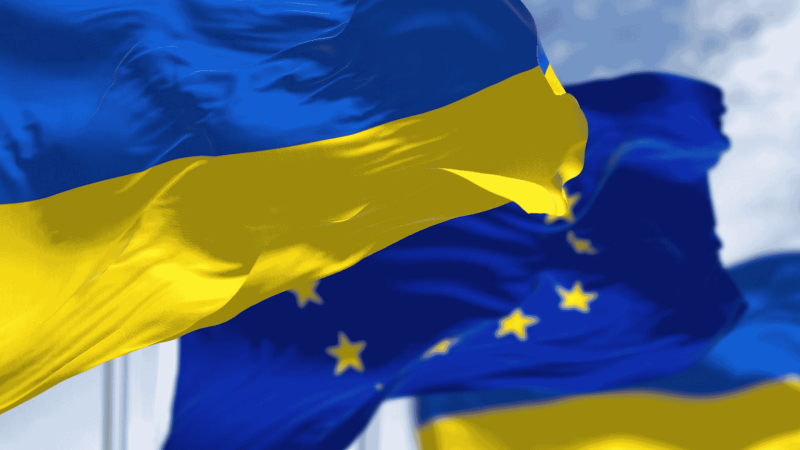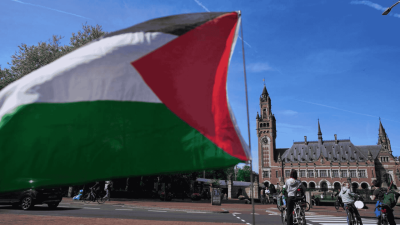The European Union is urgently working on a new plan to ensure continued financial and military support for Ukraine, as uncertainty grows over U.S. assistance. The proposal, gaining traction among the bloc’s 27 member states, involves using profits from Russia’s frozen assets to fund Ukraine’s defense and reconstruction efforts.
According to European officials, nearly €200 billion in Russian central bank assets have been immobilized within the EU since Moscow’s full-scale invasion of Ukraine in 2022. The latest discussions focus on channeling the interest and profits from these frozen assets toward Ukraine’s war and recovery funding, rather than directly seizing the principal amount.
Leaders are expected to debate the plan at an upcoming European Council meeting. Supporters argue that the measure could provide a sustainable source of funding while avoiding legal complications that full asset confiscation might trigger under international law.
EU diplomats say the plan reflects growing concern over delays in U.S. aid packages, which have been critical to Kyiv’s war effort. With Washington’s support uncertain, Brussels is under pressure to find alternative ways to fill the financial gap.
The European Commission has already drafted proposals outlining how the profits could be collected and transferred transparently. Legal experts have cautioned, however, that any misuse or misinterpretation of ownership rights could spark international legal challenges or retaliatory measures from Russia.
Despite the risks, several EU nations, including France, Germany, and Poland, have expressed cautious support for the initiative. They see it as a necessary step to uphold Europe’s commitment to Ukraine’s sovereignty and stability.
The plan still requires unanimous approval from all EU member states, and discussions are ongoing about oversight, legal frameworks, and accountability mechanisms.
If approved, this approach would mark a historic move — the first time profits from frozen state assets are redirected to aid a nation under attack.
In other news read more about: Russian Finance Ministry Proposes Raising VAT to Help Fund Ukraine War







